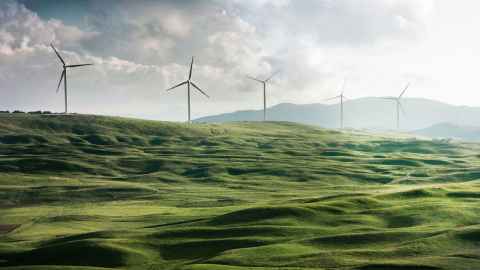Our research beacon

Circular economy concept
The circular economy – a new paradigm that encourages system thinking and innovation to reduce waste, increase resource efficiency, and keep materials in use – is gaining momentum. The circular economy builds on the assumption that economies can function like restorative natural ecosystems without creating waste. Principles include using renewable energies; eliminating toxic chemicals and eradicating waste by designing for durability; and maximizing reuse, repair, remake, and recycling as well as sharing, renting, leasing, and paying-per-use. These principles date back to research by Boulding (1966), who introduced the idea of closed systems in his paper “The Economics of the Coming Spaceship Earth”. He pointed out that the earth, as a circular and closed system, plays an essential role in the global economy because it guarantees human life in the long run.
Rethinking our economy
The CEBUS mission and goals
CEBUS' vision is to lead, promote and disseminate research on circular business to drive the transformation towards a sustainable society.
Our mission
- To establish CEBUS as a stimulating and leading platform for transformative and transdisciplinary research in the field of the circular economy
- To identify and address strategic questions and business needs related to the circular economy in collaboration with New Zealand industry, policy makers, and civil society
- To develop and promote new educational initiatives and programmes to engage students in circular, ethical and sustainable business frameworks and strategies
- To integrate Kaitiakitanga as an underlying principle for circular economy research and teaching initiatives in collaboration with iwi, hapū and marae; and more generally
- To explore and critically discuss the circular economy as the new mainstream of doing business